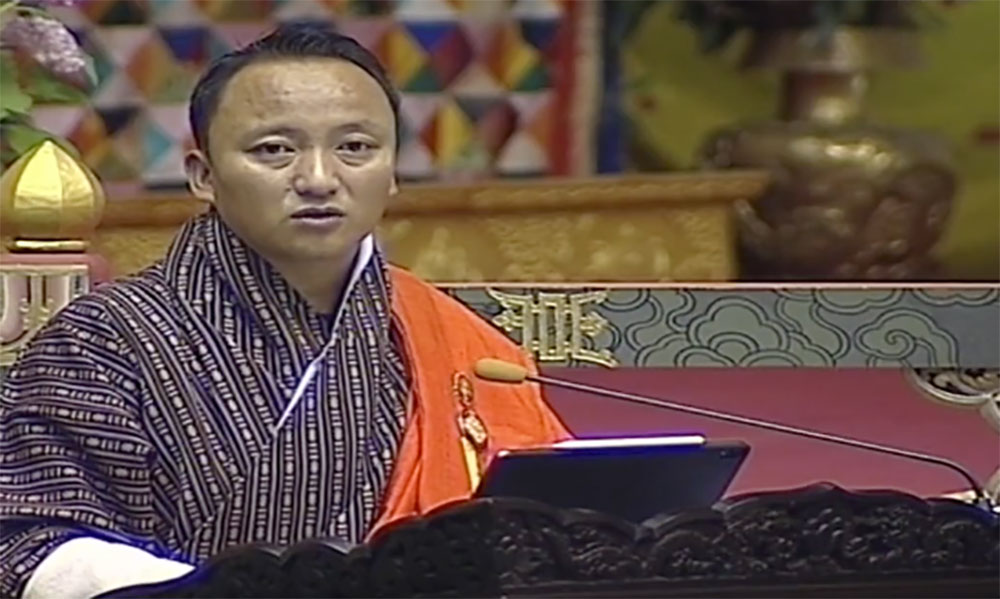MB Subba
Although local governments (LGs) have been empowered and given greater flexibility in planning and execution of programmes, the total budget for LGs has decreased by 12.5 percent in the fiscal year 2022-23.
The total budget allocation for local governments in the fiscal year is Nu 22.769 billion (B), which is 30 percent of the overall national budget, excluding the allocations for on-lending (government lending) and principal repayments, according to the annual budget presented in Parliament on June 6.
The total allocation for LGs in the fiscal year 2021-22 was Nu 26B.
The programmes for local governments is executed by the respective dzongkhag and gewog.
The capital budget for local governments has also decreased to Nu 10B in the new fiscal year from Nu 13.235B in the previous fiscal year. In other words, the capital budget for local governments has decreased by 32 percent.
The overall capital budget, including that of the central governments, is higher than the recurrent budget. However, the capital budget allocated for local governments is Nu 2.74B less than the recurrent budget.
Local governments’ share of the capital budget has also decreased.
The total capital budget allocated for local governments in the new fiscal year is 26 percent of the total capital. In the previous fiscal year, the capital budget allocated for local governments was 34 percent of the total capital budget.
However, the budget report states that the allocation does not include the budgets for the works that will be executed by the central government in dzongkhags.
Finance Minister Namgay Tshering in his budget report stated that considering the centrally executed activities worth Nu 7.795B in various dzongkhags, the actual budget allocation to local governments is about 46 percent of the total allocation.
In the previous fiscal year, the total capital budget allocated to local governments was estimated at 52 percent of the overall capital budget.
Lyonpo Namgay Tshering said that local governments would continue to receive the budget in the form of annual grants.
“However, the budget for those activities under the external financing and granular sub-base (GSB) phase II are tied to the specific activities and cannot be diverted to other activities in case of underutilization,” he added.
Local governments have been given greater flexibility in planning, budgeting and release of money and gewog officials need not come to the Ministry of Finance and the Gross National Happiness Commission offices for budget discussions annually.
The allocation of grants is aimed at promoting ownership and quality delivery of local plan priorities and development by local governments.
This is the final budget of the 12th Plan.


